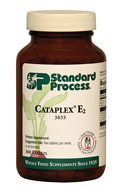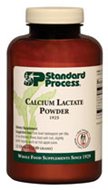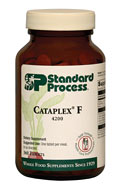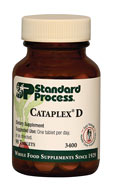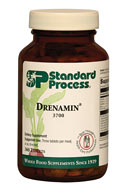Leg and Muscle Cramps
The body needs extra calcium during pregnancy to build the fetal bones. If sufficient dietary calcium is not available, tissue stores insufficient tissue calcium that results in leg and muscle cramps. (Milk is a poor source of dietary calcium. Compared with other countries, the U.S. has a very high rate of consumption of dairy products and a very high incidence of osteoporosis). At the same time the body needs oxygen to perform different activities.
(6/day)
Cataplex E2 is a special fraction of the vitamin E complex. Cataplex E2 supports cellular health and general well-being, supports normal cardiovascular health and provides antioxidants. Most cramps are due to calcium deficiency. However, tissue oxygen starvation is also a factor. E2 gets oxygen into the area to relax the muscle. Read more.
during inactivity
(1tsp/day)
Calcium Lactate is highly soluble form of calcium from a nondairy vegetable source and contains the proper balance of calcium and magnesium (5:1 ratio). It is blended with magnesium citrate, thus providing balancing magnesium and making the product slightly acid for better absorption and assimilation. This is not a dairy product as it contains no whey or lactose and is safe for people allergic to milk products. Read more.
(6/day)
Vitamin F is another name for unsaturated fatty acids, a form of fat nutrition. Vitamin F acts a middleman for the distribution of calcium to muscles and cells of your body. Read more.
(3-6/day)
Cataplex D (Vitamin D) supports bone health, mineral absorption, the immune system, and cellular processes. Vitamin D is largely misunderstood because very few people need it in the form of a supplement alone.
Read more.
Edema, Faintness or Dizziness -
This is an indication of poor adrenal function.
(6-9/day)
Supports adrenal function, maintains energy production, a balanced mood and helps maintain emotional balance to reduce the effects of everyday stress. Helps with sodium and potassium balance. Read more.












